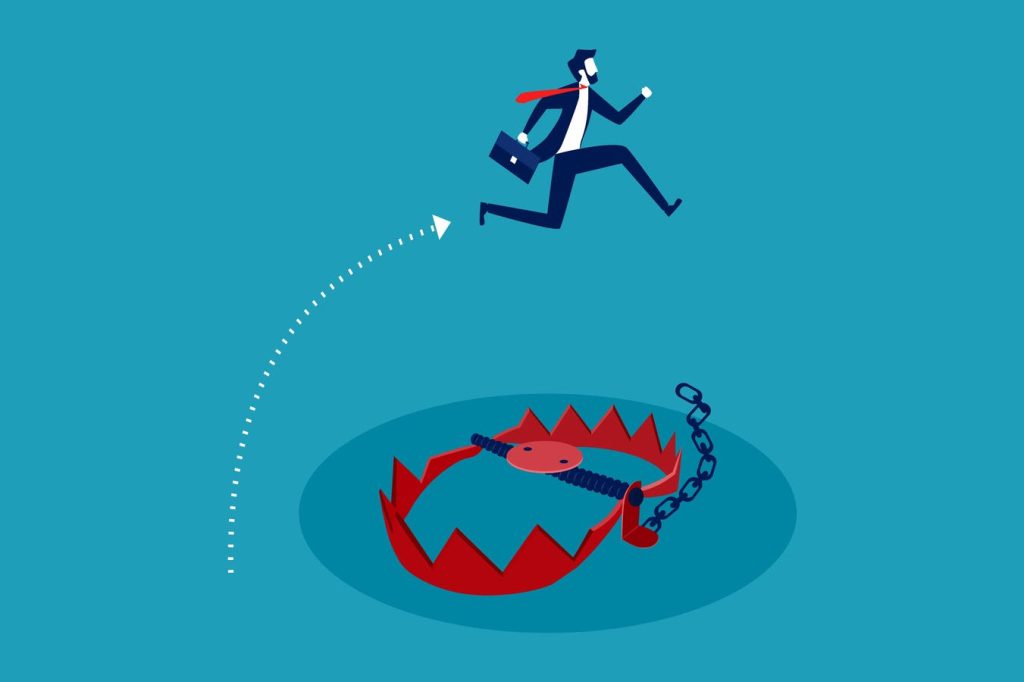1. Assessing Your Financial Landscape:
The foundation of a debt-free future lies in understanding your present financial state. Begin by meticulously cataloging all existing debts, noting balances, interest rates, minimum payments, and due dates. This detailed inventory allows for a comprehensive overview of your obligations, highlighting high-priority debts and potential opportunities for consolidation or refinancing. Simultaneously, dissect your spending patterns over the past few months, categorizing expenses as essential, non-essential, and discretionary. This exercise reveals areas where adjustments can be made, curbing unnecessary expenditures. Calculating your net worth, the difference between assets and liabilities, provides a snapshot of your overall financial health and serves as a benchmark for future progress. Regularly monitoring this figure offers valuable insights into the effectiveness of your financial strategies.
2. Budgeting: Your Financial Roadmap:
A well-constructed budget serves as a guiding principle for responsible spending. Prioritize essential expenses like housing, food, and transportation, while allocating a portion of your income towards debt repayment and savings. Don’t neglect discretionary spending entirely, as a balanced lifestyle includes occasional leisure and entertainment. However, ensure these expenditures remain within reasonable limits. Regularly compare actual spending against your budget, analyzing any discrepancies to identify areas for improvement. Unexpected windfalls should be channeled towards high-priority financial goals, such as accelerating debt repayment or bolstering emergency funds. Maintain a flexible budget that can adapt to changing circumstances, allowing you to navigate unforeseen expenses without derailing your long-term financial objectives.
3. Emergency Fund: A Financial Safety Net:
An emergency fund is paramount in navigating unexpected financial setbacks. It acts as a buffer against unforeseen expenses like medical emergencies or job loss, preventing reliance on high-interest credit cards or predatory loans. Aim to accumulate three to six months’ worth of living expenses in a readily accessible account. The amount may vary depending on individual circumstances, with those in unstable employment or with significant financial obligations needing a larger reserve. Automate regular contributions to your emergency fund and consider diverting any extra income to accelerate its growth. Keep these funds in a secure, high-yield savings account, balancing easy access with modest interest earnings. Avoid investing this money in volatile assets, as market fluctuations could jeopardize its availability during a crisis.
4. Credit Card Management: A Tool, Not a Trap:
Credit cards offer convenience, but their misuse can lead to a debt spiral. The ease of swiping often obscures the reality of spending, leading to overspending and accumulating interest charges. Prioritize cash or debit cards for everyday purchases, as these methods provide immediate feedback on spending and help maintain budgetary control. Reserve credit card use for planned, budgeted expenses that can be paid in full each month, avoiding interest accrual. Treat credit cards as tools for strategic use, such as building credit or earning rewards, rather than relying on them for日常 spending. This disciplined approach prevents them from becoming a source of debt.
5. Curbing Impulse Purchases: Mindful Spending:
Impulse buying can significantly undermine financial progress, with small, frequent purchases accumulating over time. Recognize your spending triggers and implement strategies to mitigate their impact. Institute a cooling-off period before making non-essential purchases, allowing time for reflection and evaluation. Reduce exposure to marketing influences by unsubscribing from promotional emails and limiting time spent on shopping platforms. Prepare shopping lists and stick to them, ensuring purchases align with your budget and priorities. By practicing mindful spending and resisting impulsive buys, you can maintain control over your finances and prevent unnecessary debt accumulation.
6. Strategic Planning for Major Purchases:
Large purchases require careful planning to avoid financial strain. Establish a timeline for saving and allocate funds regularly to a dedicated account. Research different vendors and wait for sales or promotional periods to maximize your purchasing power. Explore alternatives like refurbished or gently used items to reduce costs without compromising quality. Consider the total cost of ownership, including ongoing expenses like maintenance and repairs, to accurately assess the long-term financial commitment. If financing is necessary, explore low-interest or no-interest options and carefully evaluate repayment terms, avoiding predatory loans or high-interest credit cards. Ensure monthly payments fit comfortably within your budget and develop a clear repayment plan.
7. Managing and Reducing Existing Debt:
Effectively managing existing debt is crucial for achieving financial freedom. Two popular strategies are the snowball and avalanche methods. The snowball method prioritizes paying off the smallest debts first for motivational gains, while the avalanche method targets high-interest debts to minimize overall interest payments. Choose the method that aligns with your financial goals and personality. Consider debt consolidation to simplify repayment by combining multiple debts into a single loan with a potentially lower interest rate. For individuals struggling with overwhelming debt, a Debt Management Plan (DMP) offered through a credit counseling agency can help negotiate more manageable repayment terms with creditors. DMPs often involve closing credit card accounts to prevent further debt accumulation and promote responsible financial habits.
8. Cultivating Financial Discipline: The Path to Freedom:
Avoiding new debt demands a combination of strategic planning, consistent habits, and unwavering financial discipline. By understanding your financial situation, creating a realistic budget, and curbing unnecessary spending, you can regain control of your finances. Building an emergency fund, managing credit card use wisely, and planning major purchases strategically are essential steps towards financial stability. Implement these strategies to build resilience, reduce financial stress, and secure a debt-free future. Remember, each small step contributes to achieving lasting financial freedom.

